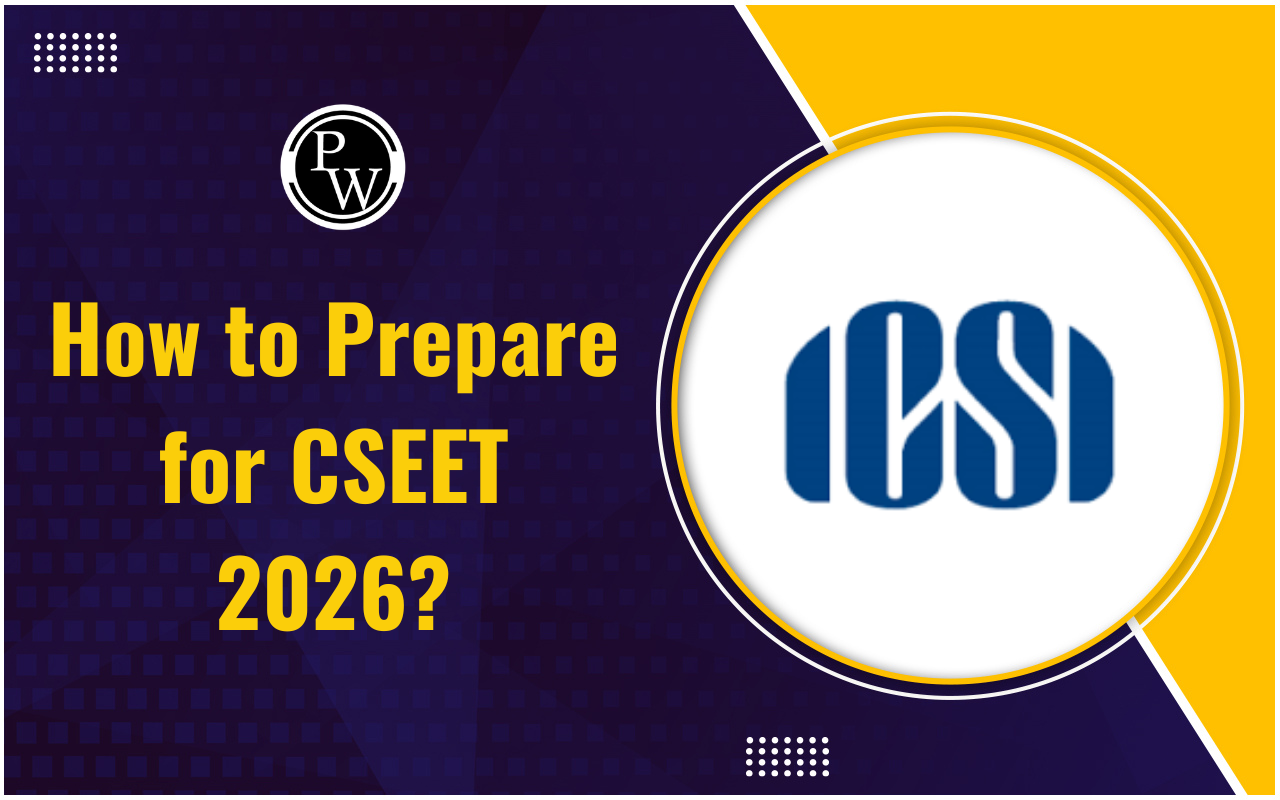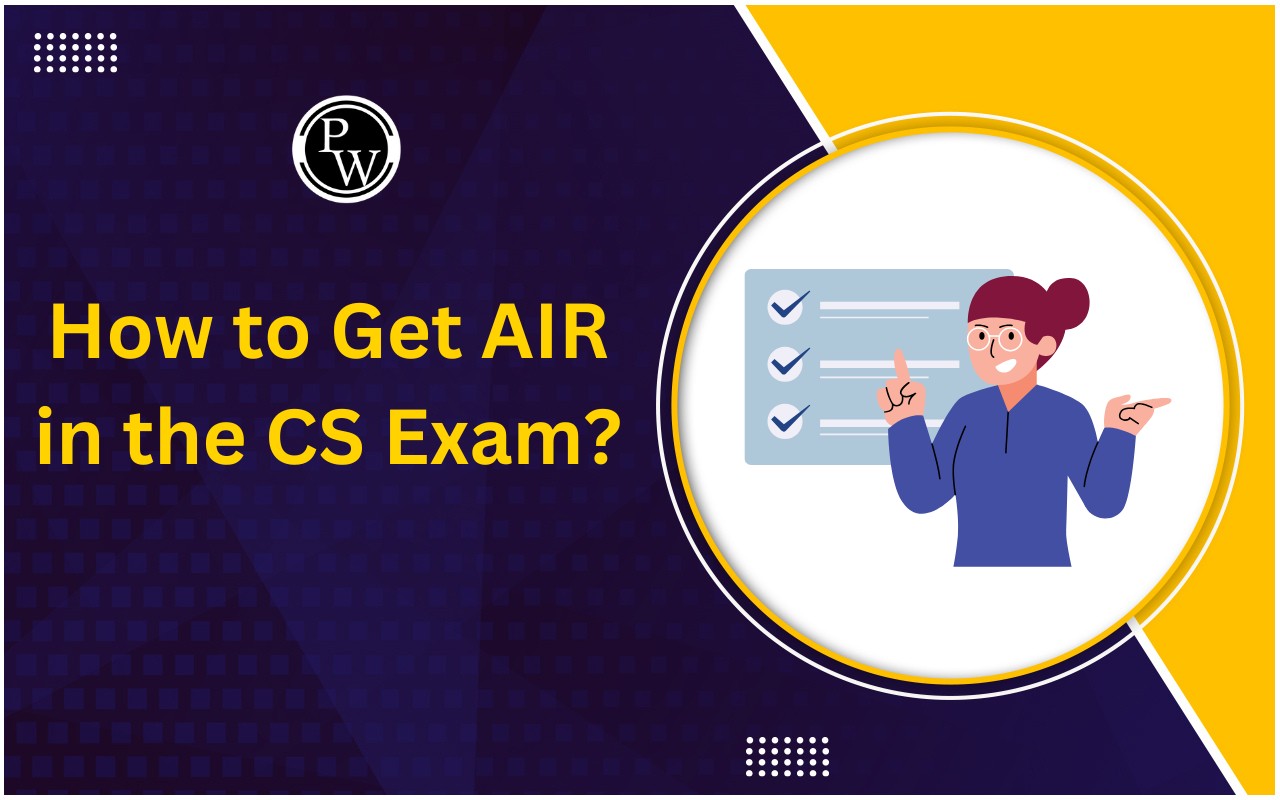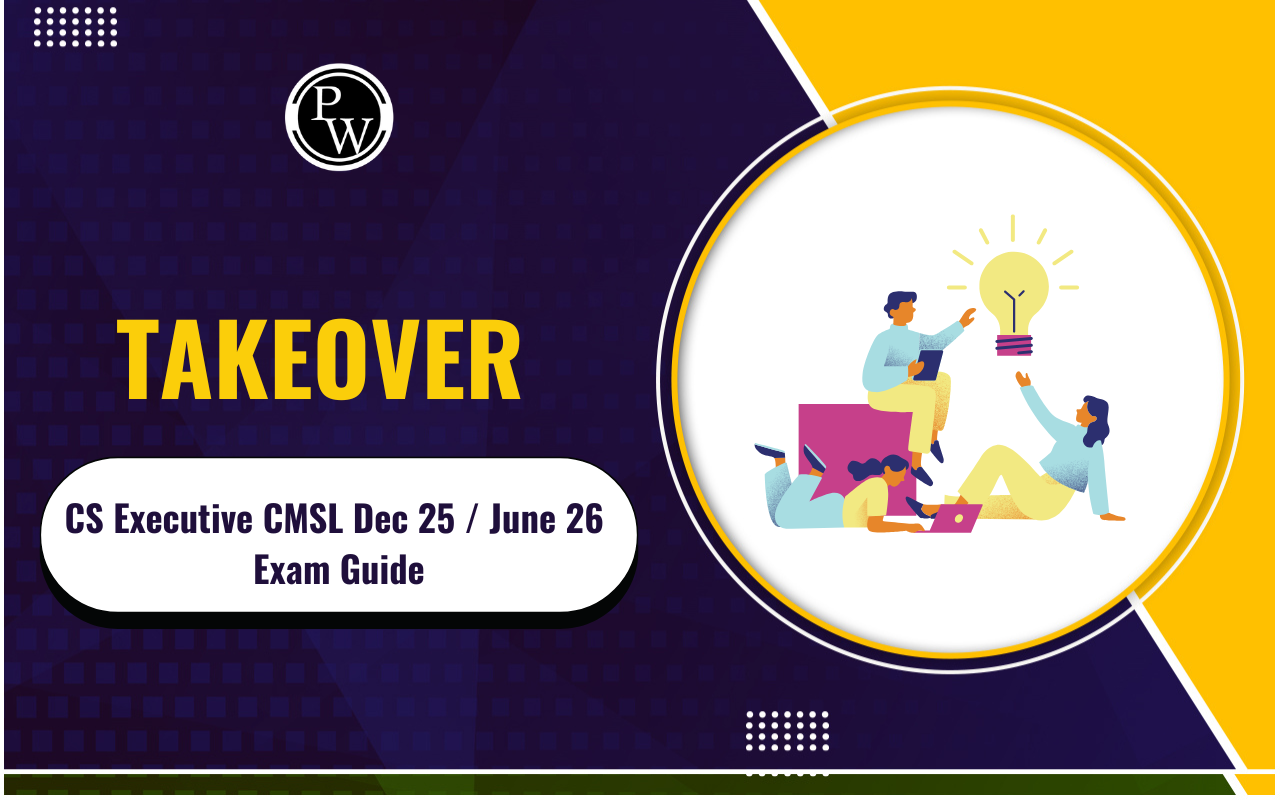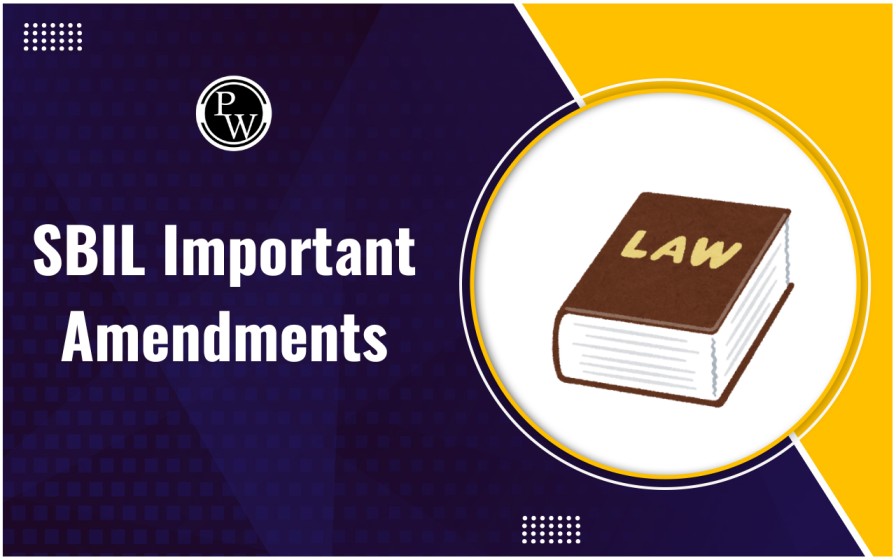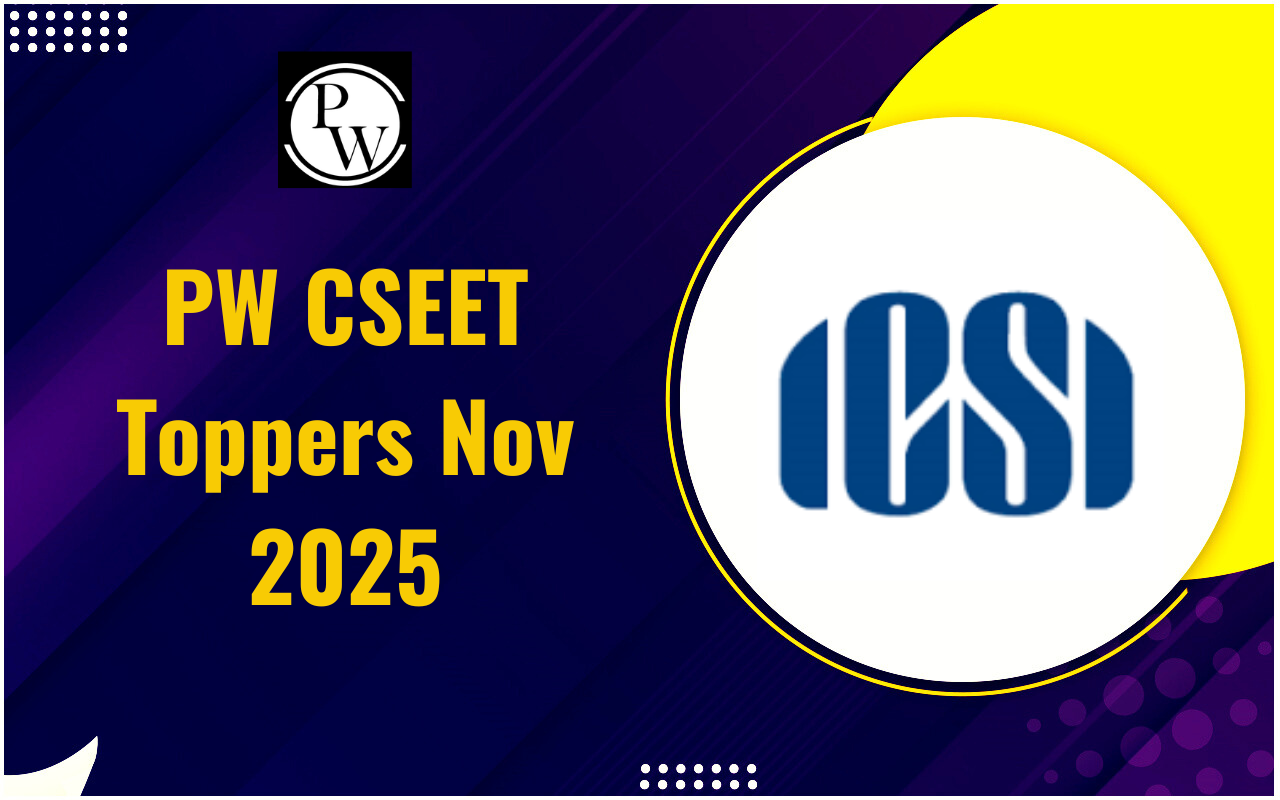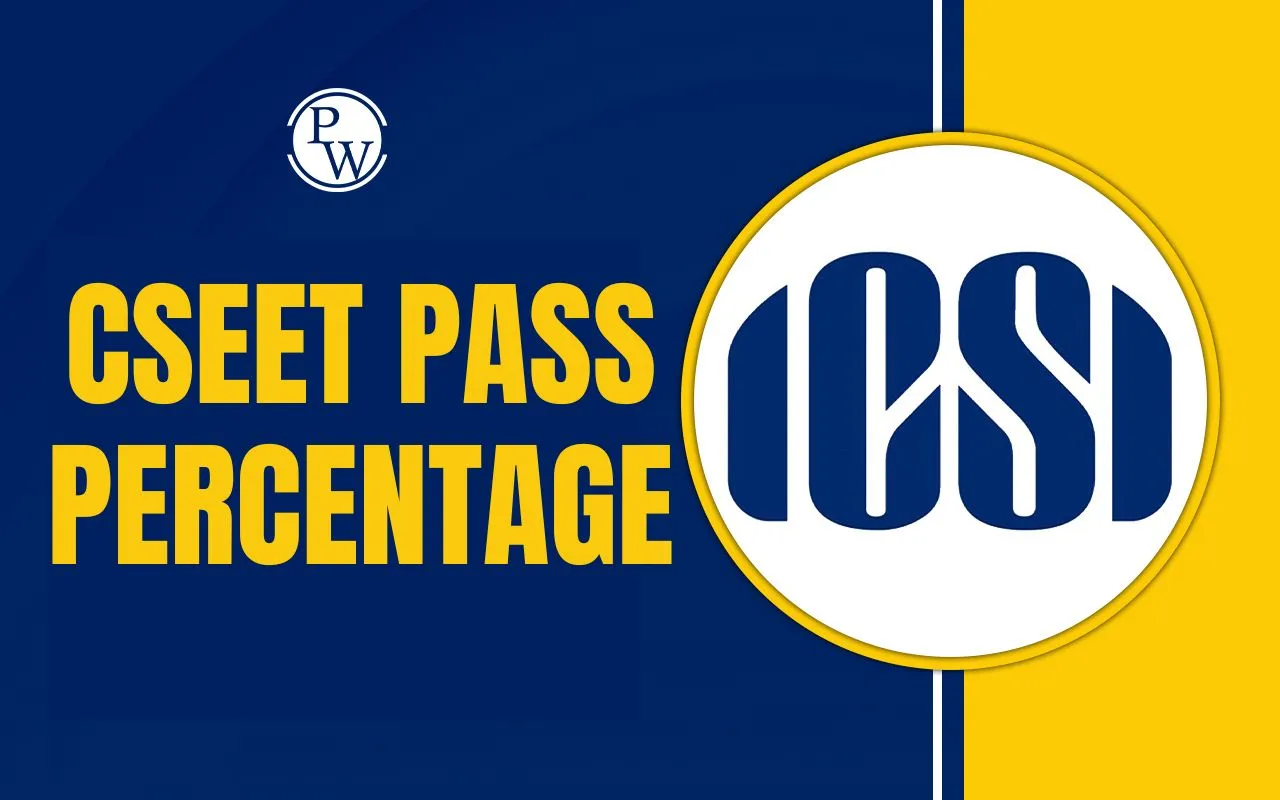
Preparing for Jurisprudence and General Laws in CS Executive requires a strategic approach, as this subject forms a crucial foundation for legal principles and regulatory frameworks. A well-planned study schedule, combined with effective revision techniques, will help aspirants gain conceptual clarity and improve retention. In this article, we provide a comprehensive study plan for Jurisprudence and General Laws, covering key strategies, time management techniques, and essential tips for success.
Jurisprudence and General Laws Syllabus
Before creating an effective study plan for Jurisprudence and General Laws, it is essential to understand the syllabus thoroughly. The subject covers various legal aspects, including:
- Sources of Law
- Constitution of India
- Interpretation of Statutes
- Administrative Laws
- Law of Torts
- Limitation Act, 1963
- Right to Information Act, 2005
- Indian Penal Code, 1860
- Indian Evidence Act, 1872
- Code of Civil Procedure, 1908
- Code of Criminal Procedure, 1973
- Special Laws (e.g., Arbitration, Consumer Protection, Environment Laws)
By breaking the syllabus into smaller sections, aspirants can systematically cover all topics within their CS Executive preparation.
Also Check: How to Buy or Download ICSI Study Material?
Effective Study Plan for Jurisprudence and General Laws
A well-structured study plan is essential for mastering Jurisprudence and General Laws in CS Executive. By following a step-by-step approach, aspirants can systematically cover all key topics and improve retention, ensuring better performance in the exam.
1. Create a Study Timetable Based on Weightage
A well-structured study timetable ensures efficient time management. Allocate sufficient time for each topic based on its weightage and complexity. A recommended schedule can be:
Week 1-2: Constitution of India and Sources of Law (High weightage, essential for conceptual clarity)
Week 3-4: Interpretation of Statutes and Administrative Laws (Frequently tested, requires deep understanding)
Week 5-6: Law of Torts and Limitation Act (Short but important topics)
Week 7-8: Indian Penal Code, Indian Evidence Act (Case-based understanding needed)
Week 9-10: Code of Civil and Criminal Procedure (Extensive but must be covered in detail)
Week 11-12: Special Laws and Miscellaneous Topics (Keep updated with recent amendments)
Week 13-14: Revision and Mock Tests (Ensure conceptual clarity and time-bound practice)
Following this structured study plan for Jurisprudence and General Laws will help maintain consistency and avoid last-minute stress.
2. Refer to Bare Acts and Case Laws
Studying the bare acts of important laws such as the Indian Penal Code, Evidence Act, and Limitation Act is essential to understanding the precise language of the law. This practice helps in grasping the fundamental legal provisions and their applications. Additionally, referring to landmark case laws and their interpretations provides deeper insights into how courts apply laws in real-life scenarios. Analyzing case precedents aids in developing a comprehensive understanding of legal principles, which is crucial for answering application-based questions effectively.
Must Read: ICSI CS Exam Dates June 2025
3. Use Mnemonics and Flowcharts for Easy Retention
Mnemonics are a powerful tool for remembering sections and legal provisions, making it easier to recall important laws during the exam. Additionally, using flowcharts can help simplify complex legal processes, such as procedural laws, by providing a visual representation of steps and sequences. Summarizing key points in a table format also aids in quick revision, allowing for better retention and recall of critical legal concepts.
4. Regularly Practice Answer Writing
Writing structured answers is crucial for scoring well in Jurisprudence and General Laws. Always begin with an Introduction, followed by a well-organized Body that includes legal provisions and relevant case laws, and conclude with a concise Conclusion summarizing key points. When answering case-study-based questions, apply the IRAC (Issue, Rule, Application, Conclusion) format to ensure clarity and logical flow. Additionally, practice solving at least 2-3 mock tests every month to improve time management and answer presentation.
5. Develop a Habit of Reading Legal Updates
Staying updated with legal developments is crucial for mastering Jurisprudence and General Laws. Follow ICSI notifications, Supreme Court judgments, and recent amendments to stay informed about changes in legal frameworks. Subscribing to legal journals or online platforms that cover legal updates will provide deeper insights into evolving laws. Additionally, engaging in discussions about new laws within study groups can help in better understanding and retaining key legal concepts through collaborative learning.
6. Time Management for Exam Day
Spend 15 minutes reading the question paper carefully to understand the distribution of questions and allocate time accordingly. Begin by attempting the questions you are most confident about to build momentum. When answering theoretical and case-based questions, ensure that you structure your responses with proper headings, legal provisions, and relevant case laws. Allocate 30-35 minutes per long-answer question to cover all aspects comprehensively, while for short-answer questions, spend 10-15 minutes to provide concise yet well-supported responses. Always highlight key legal provisions and case laws to enhance answer credibility and score higher marks.
A disciplined and well-organized study plan for Jurisprudence and General Laws plays a pivotal role in CS Executive exam preparation. By focusing on conceptual clarity, bare acts, case laws, and mock test practice, aspirants can strengthen their command over the subject. Implementing the strategies outlined in this article will help candidates confidently tackle the exam and maximize their chances of success.
Join PW CS Online Courses and build a strong foundation in corporate laws and governance with structured learning and dedicated support.
| Also Check |
| CS Executive Study Material 2025 |
| CS Executive Exam June 2025 |
| ICSI CS Executive Pre Exam Test |
| CS Executive Exam Form June 2025 |
| CS Executive Chapter-Wise Weightage |
Study Plan for Jurisprudence and General Laws in CS Executive FAQs
How much time should I dedicate daily to studying Jurisprudence and General Laws for CS Executive?
What are the best resources for studying Jurisprudence and General Laws?
How can I improve my answer-writing skills for the CS Executive exam?
Is it necessary to memorize all sections and laws?

